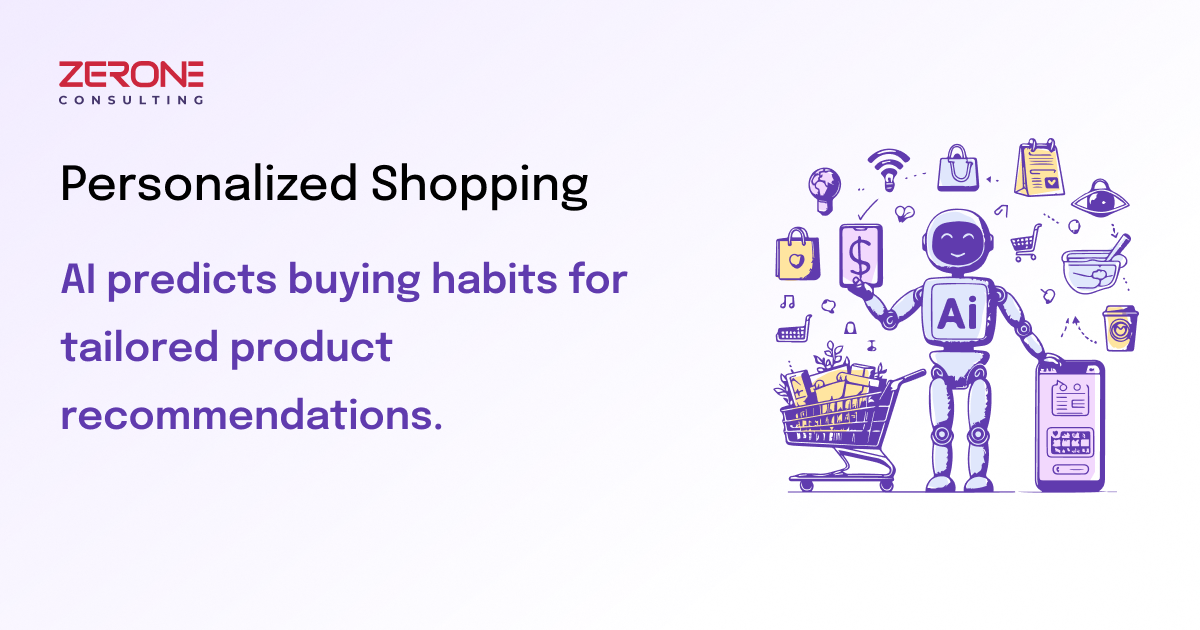Imagine walking into a store or browsing an online shop where every product recommendation is tailored just for you, predicting your preferences and needs with uncanny accuracy. This is not a distant dream but a rapidly unfolding reality in the retail sector, thanks to generative AI. This blog delves into how generative AI is revolutionizing retail, transforming everything from inventory management to personalized shopping experiences.

AI-Powered Personalization: A New Paradigm in Shopping
The heart of retail's transformation lies in personalization, and generative AI is the new powerhouse driving this change. By analyzing customer data, AI can predict buying habits and preferences, offering personalized product recommendations. This level of customization enhances the shopping experience, leading to increased customer satisfaction and loyalty. For instance, brands like Amazon and Netflix have already harnessed the power of AI to provide tailored recommendations, setting new standards in customer engagement.

Inventory Management: Predictive Analytics and Demand Forecasting
Generative AI is also redefining inventory management. By leveraging predictive analytics, retailers can now forecast demand with greater precision, ensuring they have the right products at the right time. This not only optimizes stock levels but also reduces waste and overhead costs. AI-driven inventory management is not just about efficiency; it's a strategic tool that can significantly impact a retailer's bottom line.

Virtual Try-Ons and Augmented Reality: Enhancing the Online Shopping Experience
The integration of AI with technologies like augmented reality (AR) is creating immersive shopping experiences. Virtual try-ons, for example, allow customers to see how a piece of clothing would look on them without physically trying it on. This not only adds a fun element to shopping but also helps in making more informed purchase decisions. The use of AR in retail extends beyond clothing to furniture and home decor, where customers can visualize how products would fit in their space.

Challenges and Ethical Considerations
As with any technological advancement, the integration of AI in retail comes with its set of challenges. Privacy concerns are paramount, as personalization relies heavily on customer data. Retailers must navigate these concerns responsibly, ensuring customer data is handled with the utmost care and transparency. Additionally, there's the challenge of creating AI systems that are unbiased and equitable.

Conclusion: Shaping the Future of Retail
Generative AI is not just reshaping retail; it's reimagining it. As we move forward, the retail landscape will continue to evolve, driven by AI's ability to personalize and enhance shopping experiences. The future of retail is one where technology and human experience converge seamlessly, creating an ecosystem that is responsive, efficient, and above all, customer-centric. In this new era, the retailers who will thrive are those who embrace AI not just as a tool, but as a strategic partner in their journey towards innovation and excellence.